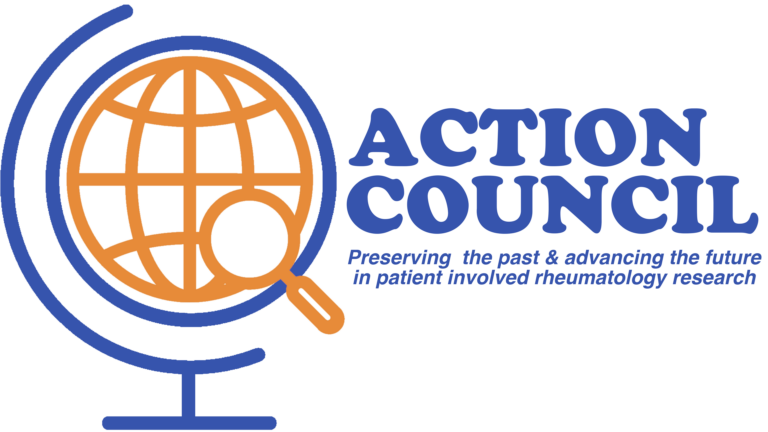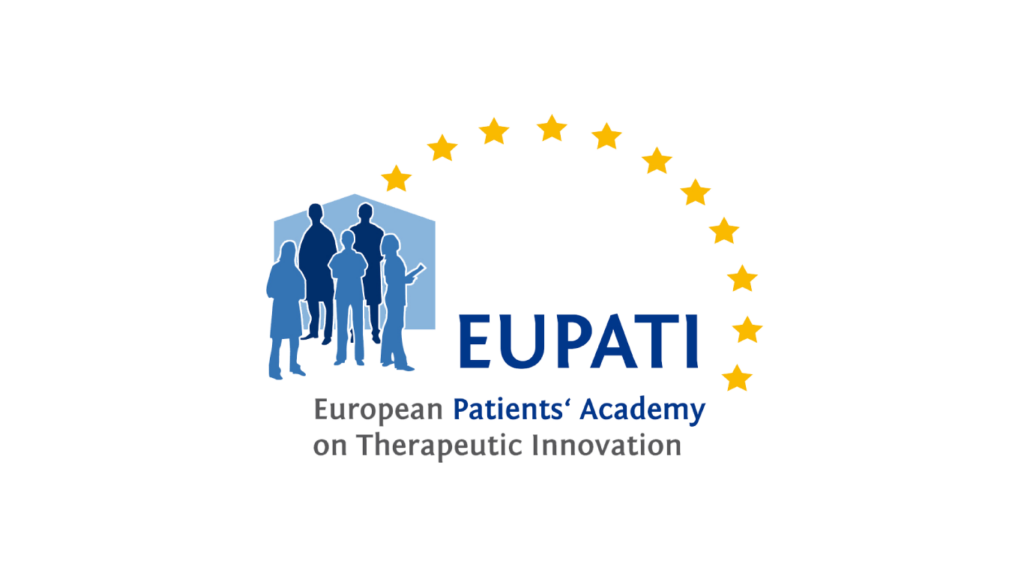Instruments Pathway
Instruments

Formal training of patients to be more active in research begins with EUPATI
● 2012: The European Patients’ Academy (EUPATI)The European Patients’ Academy (EUPATI) was formed as a pan-European project implemented as a public-private partnership by a collaborative multi-stakeholder consortium from the pharmaceutical industry, academia, not-for-profit, and patient organizations. The Academy was started, developed, and implemented as a flagship project of the Innovative Medicines Initiative and continues to be led by the European Patients’ Forum (EPF)
www.eupati.eu was established. They focus is on education and training to increase the capacity and capability of patients to understand and contribute to medical research and development and also improve the availability of objective, reliable, patient-friendly information for the public. Europe
● 2014: EUPATI Launches Patient Expert Training CoursesLearn more about the Patient Expert Training Courses at www.eupati.eu, as a result, as of 2019 has trained 96 patient experts on medicines development, clinical trials, medicines regulations, health technology assessment.
● Ongoing projects of EUPATI include rigorous content development for patient education, the furthering of advocacy skills of patient experts, and the strengthening of a European patient movement, and a continuously updated inventory of possibilities for patients to get involved in biomedical research and development.
CoPI: Patient Research Partner (PRP)
Tools: Instruments – patient engagement
Context: Clinical trials, regulatory process, health technology assessment, Research & Development
Establishing measurements of effective patient engagement
2018: Arthritis Research Canada (ARC)ARC was created in 2000 in recognition of the tremendous potential that research can bring to arthritis treatment in Canada, and indeed, the world. Arthritis Research Canada has earned international attention as a leading arthritis research environment. We have built a strong multi-disciplinary research team of outstanding medical doctors and research scientists, and we willingly collaborate with medical professionals around the world. www.arthritisresearch.ca introduces the Patient Engagement in Research Scale (PEIRS)Learn more about the PEIRS tool at:
www.arthritisresearch.ca/peirs/, the first tool of its kind to evaluate the effectiveness of patient engagement in all areas of research. ARC scientists and Patient Research Partners (PRPs) worked together to create this tool.
The tool is designed to measure the degree of meaningful patient engagement in research projects from a patient perspective.
CoPI: Patient Research Partners (PRPs)
Tools: Instruments –patient engagement
Context: Measuring impact
Additional frameworks, recommendations, and reviews
- 2015: Outcome Measures in Rheumatology (OMERACT)OMERACT is a global community for the development of Core Outcome Sets in the field of rheumatology. Patients participate as research partners in all phases of the research and are equal members in any OMERACT working group.https://omeract.org publishes recommendations for collaborative research Cheung PP, et al. Recommendations for the Involvement of Patient Research Partners (PRP) in OMERACT Working Groups. A Report from the OMERACT 2014 Working Group on PRP. The Journal of rheumatology 2016;43(1):187-932015
https://omeractprpnetwork.org. - 2015: With funding from European League Against Rheumatism (EULAR)EULAR is the organization that represents people with arthritis/rheumatism, health professionals (HPR), and scientific societies of rheumatology of all the European nations. The aims of EULAR are to reduce the burden of rheumatic diseases on the individual and society and to improve the treatment, prevention, and rehabilitation of musculoskeletal diseases. To this end, EULAR fosters excellence in education and research in the field of rheumatology. It promotes the translation of research advances into daily care and fights for the recognition of the needs of people with musculoskeletal diseases by the governing bodies in Europe. As such, they have always had their own educational program at the annual EULAR Congress meeting, but in the earlier years, the symposia they organized was mostly independent of the other congress sessions. eular.org, a mixed task force of researchers and patient research partners from over ten European countries develops a new patient derived Health Related Quality of Life instrumentde Wit MPT, Kvien TK, Gossec L. Patient participation as an integral part of patient-reported outcomes development ensures the representation of the patient voice: a case study from the field of rheumatology. RMD Open 2015;1:e000129. doi:10.1136/rmdopen-2015-000129
www.eular.org for rheumatoid arthritis (RAID) and psoriatic arthritis (PsAID) .
. - 2016: European Patients’ Academy (EUPATI)EUPATI is a pan-European project implemented as a public-private partnership by a collaborative multi-stakeholder consortium from the pharmaceutical industry, academia, not-for-profit, and patient organizations. The Academy was started, developed and implemented as a flagship project of the Innovative Medicines Initiative and continues to be led by the European Patients’ Forum (EPF). EUPATI has already trained 96 patient experts on medicines development, clinical trials, medicines regulations, health technology assessment. Additionally, EUPATI offers and maintains the Toolbox on Medicine Development, and coordinates a network of national platforms for patient advocates.https://eupati.eu offers and maintains the Toolbox on Medicine Research & Development and Patient EngagementLearn more about this tool at https://toolbox.eupati.eu/.
- EUPATI coordinates the network of national platforms for patient advocates National Platforms bring patient, academic, and industry partners together to discuss patient education and patient involvement in medicines research and development (R&D). Working together, National Platforms raise awareness about the important role of patients, and members identify challenges and opportunities for joint action.
https://www.eupati.eu/.
CoPI: Patient Research Partner (PRP)
Tools: Recommendations – patient researcher engagement; Instruments – patient-researcher engagement
Context: Patient-reported outcomes (PROs), Research & Development



